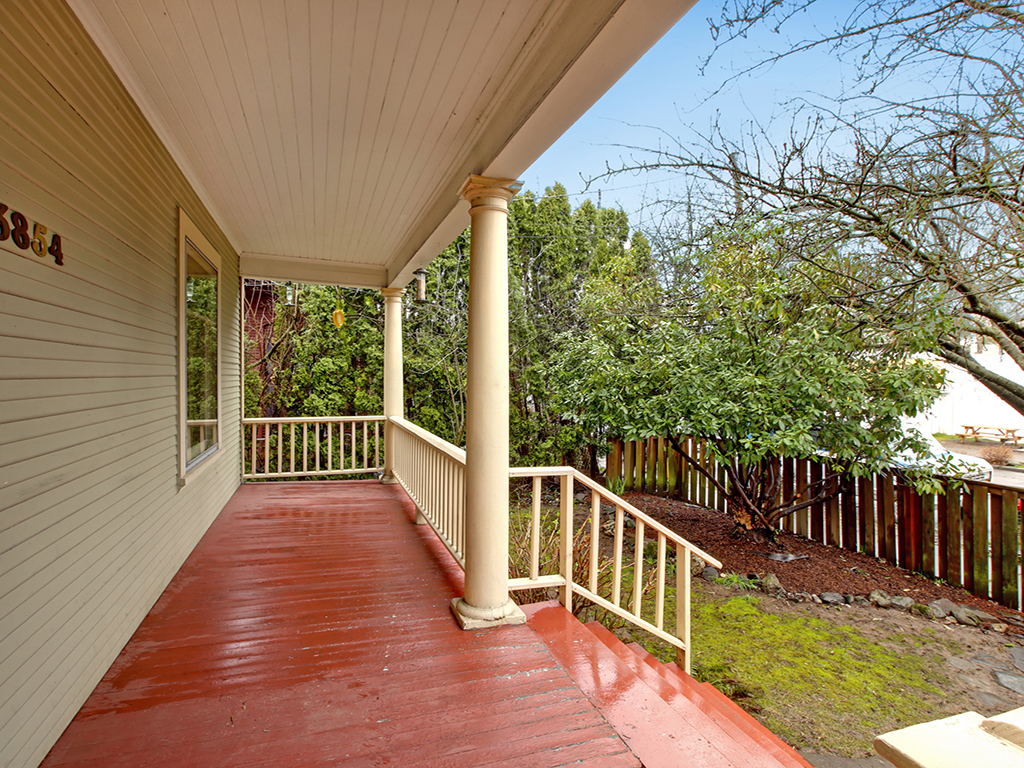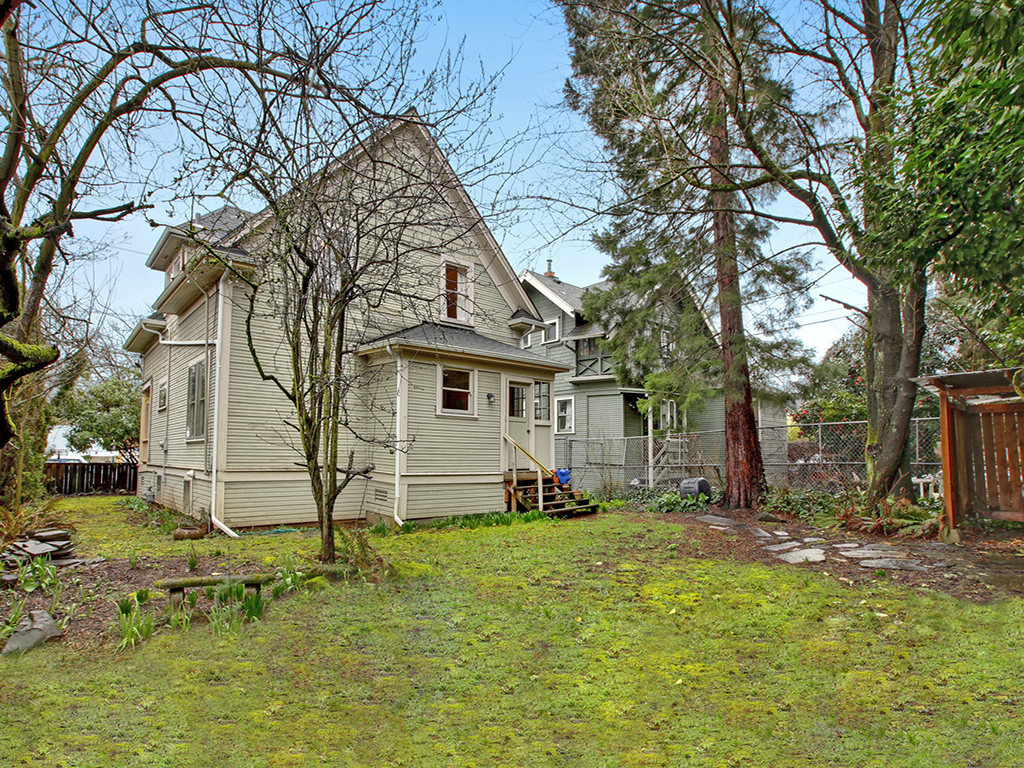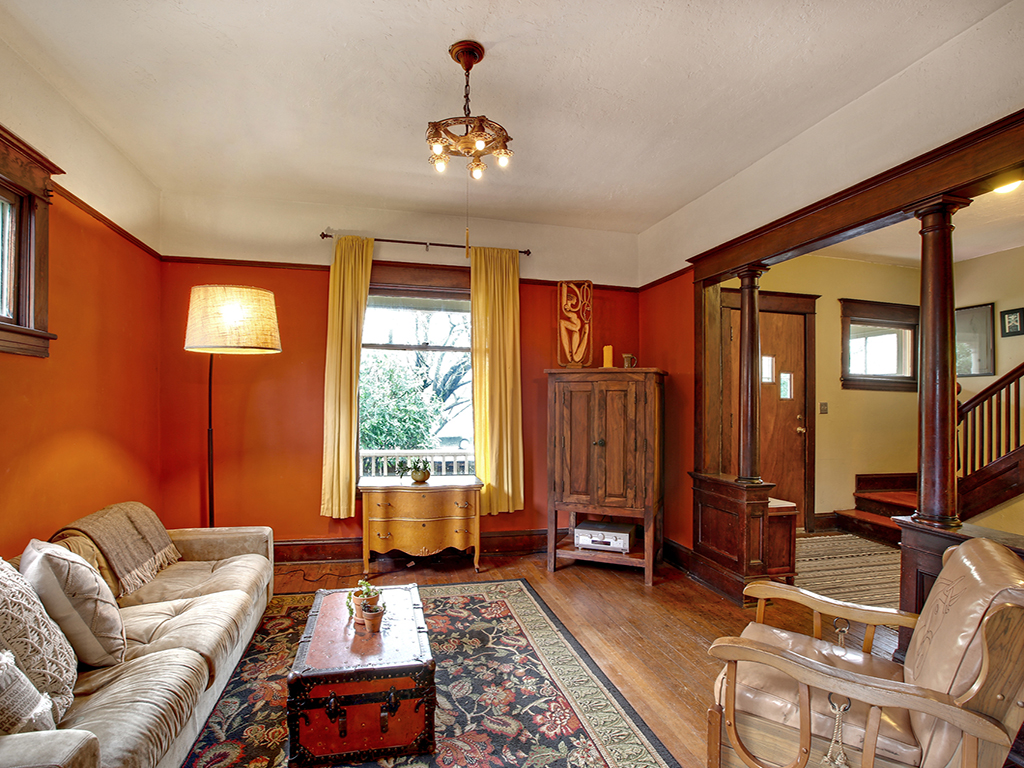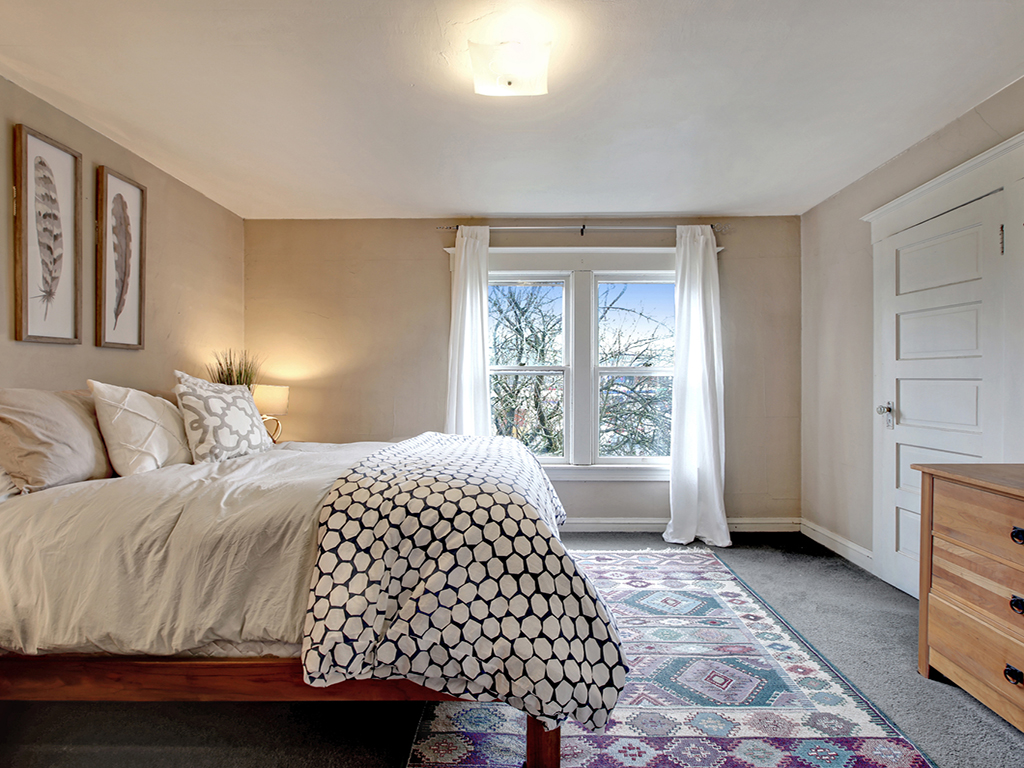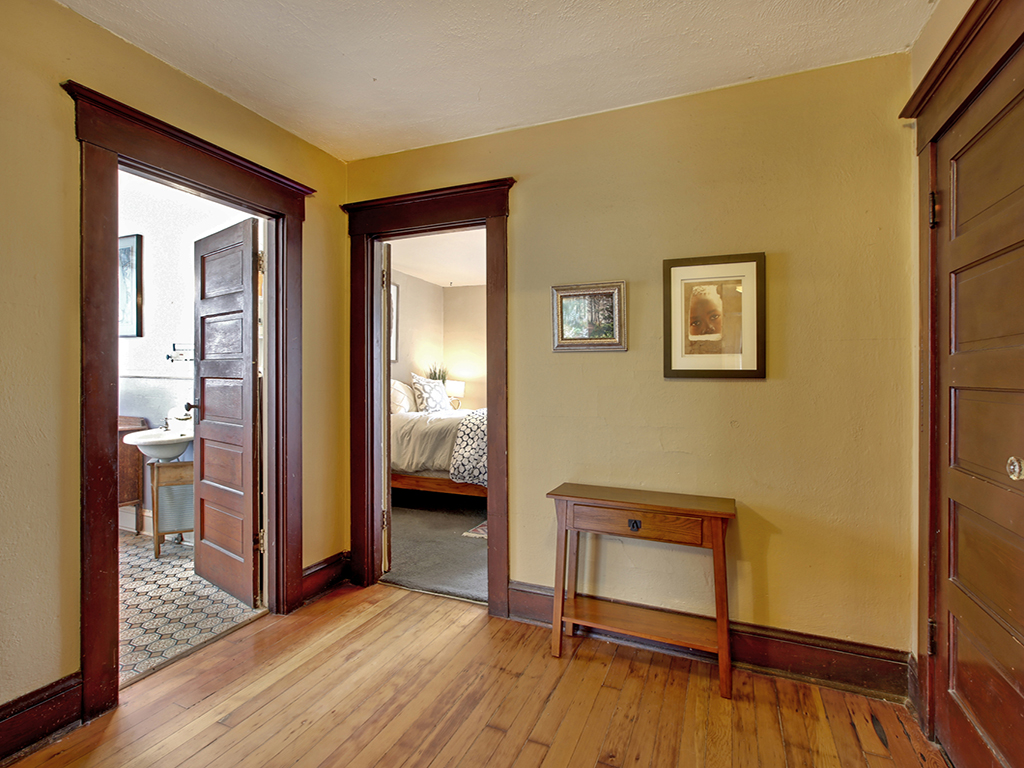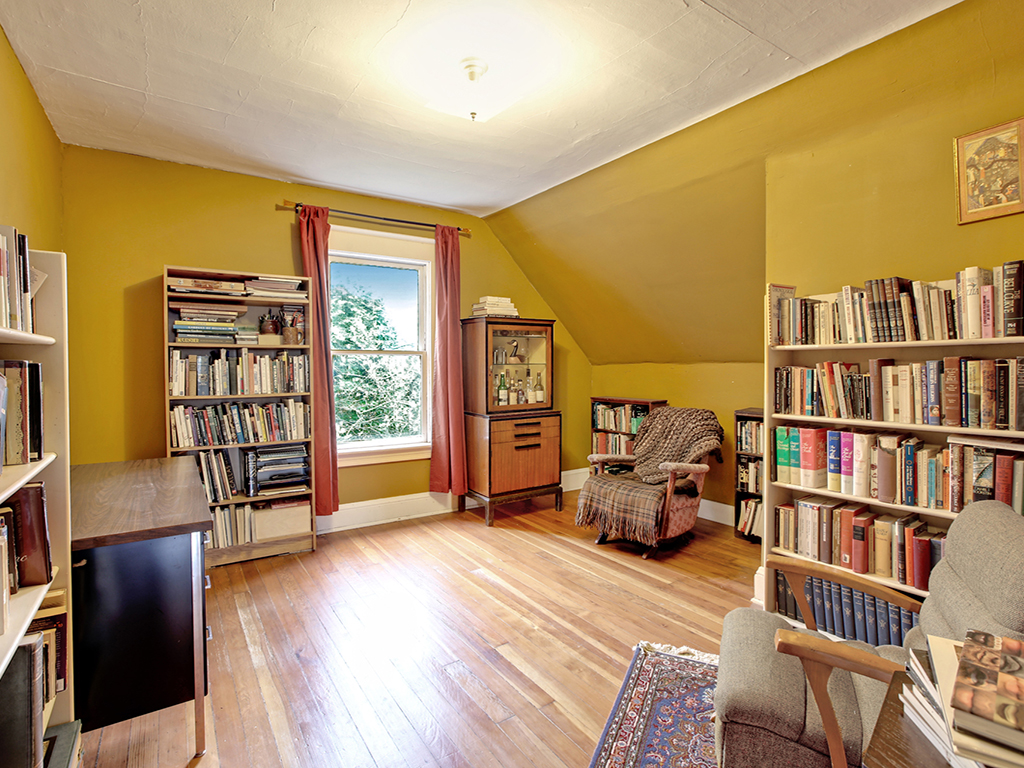25313 S Beeson Rd // $575,000 // 14 Acres
Breathe in the serenity and beauty of 14 acres as you sip coffee and gaze at Mt Hood from your front porch. Bright, clean, quality interior. Mother-in-law quarters downstairs features extra full kitchen, bath and family room. Property hosts 5 acres of Christmas trees along with hazelnuts, lavender field, maples, and dahlias. Outbuildings include shop, a 50' x 60' barn, and a creative & cool recycled greenhouse. Rare and spectacular property.
The Grounds
























Home Exterior









Main: Living Room // Dining Room // Kitchen













Lower: Living Room // Kitchen






Bedrooms





Bathrooms




Shop // Barn // Greenhouse



















































